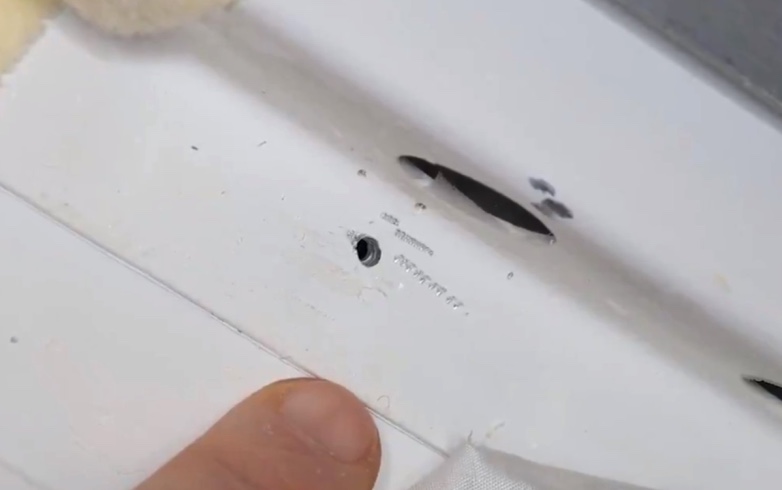NASA Faces Ongoing Leak Issues on International Space Station

NASA is currently addressing a serious leak on the International Space Station (ISS), which has led to the postponement of a crew mission originally scheduled for June 13, 2025. As officials remain tight-lipped, concerns are rising over the aging infrastructure of the space station, which has been operational since 1998.
The latest leak was confirmed in the Zvezda service module, the oldest component of the ISS. According to Roscosmos, the Russian space agency, repairs were recently completed, and they reported that the leak rate inside the transfer tunnel, known as the PrK module, had ceased. However, sources reveal that the overall air pressure within the ISS continued to decline, raising alarms among NASA officials about the integrity of the station’s structure.
Dr. Sarah Johnson, Professor of Aerospace Engineering at MIT, commented on the situation, stating, "The continued air pressure drop, despite repairs, suggests potential issues with the sealing mechanisms, which could be indicative of a more profound structural problem. Given the ISS's longevity, every leak poses a risk of high cycle fatigue, a phenomenon that could lead to catastrophic failure."
NASA's decision to delay the launch of the Axiom-4 mission underscores the seriousness of the leak. A spokesperson for NASA stated, "The postponement of Axiom Mission 4 provides additional time for NASA and Roscosmos to evaluate the situation and determine whether any additional troubleshooting is necessary."
This leak is not an isolated incident; the ISS has been plagued with gradual air leaks since 2019. This ongoing issue has prompted Russian cosmonauts to conduct numerous repairs, which have only temporarily slowed the leak rate, currently estimated at a couple of pounds of air loss per day. The Zvezda module serves as a crucial hub where Soyuz and Progress spacecraft dock, making its integrity vital for ongoing operations.
Industry experts caution that the aging ISS, with its aluminum structure, may face increased risks from high cycle fatigue. Dr. Brian Thompson, an aerospace materials scientist from Stanford University, noted, "The ISS has been in orbit for nearly three decades, and the material properties of aluminum change over time due to exposure to space conditions, including radiation and thermal cycling. This can lead to unexpected failures."
NASA has classified the structural cracking issues on the ISS as a high-level concern within their risk assessment matrix. The potential consequences of a sudden structural failure could be dire, endangering the lives of crew members aboard and jeopardizing ongoing scientific experiments.
As the situation develops, NASA has not provided additional updates beyond confirming that the crew aboard the ISS is conducting normal operations. Experts urge for greater transparency in addressing the challenges the ISS faces, especially as international partnerships in space continue to evolve.
In conclusion, while NASA and Roscosmos work together to evaluate and address the leak, the implications of this situation extend beyond immediate repairs. The future of the ISS and its role in international space collaboration hangs in the balance as aging infrastructure presents ongoing challenges that require urgent attention.
Advertisement
Tags
Advertisement





